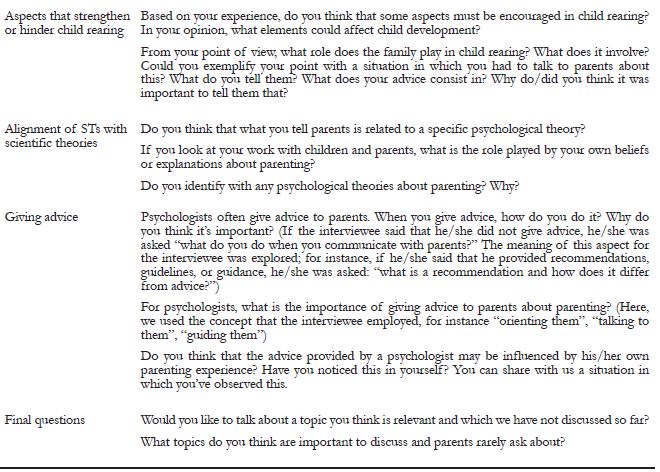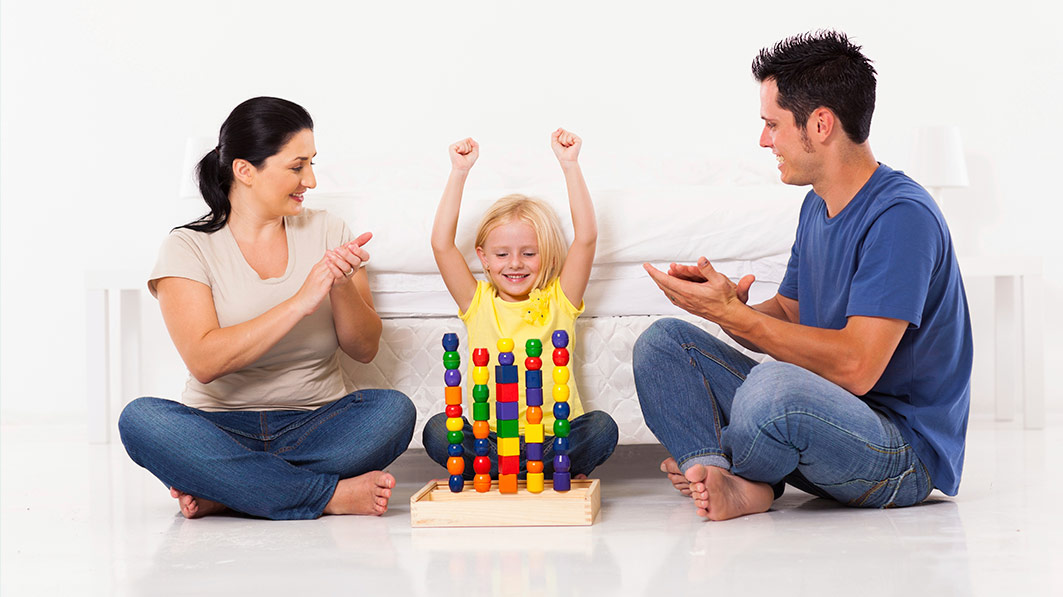
While you can share your bed and your 6 month-old with ease, there are some things to consider before you start sharing it. It's safe and reduces SIDS risk for babies. You should still have an adult present if you plan to share your bed with your six-month-old.
It is possible to sleep in the same room, but not the exact same bed.
In the first six months, it's recommended that parents sleep in the same room with their children. It can lower the risk of SIDS which can be extremely dangerous. Parents should take into account their individual circumstances and consult a medical professional before making a decision. It is not a good idea to share a bedroom with your baby who has a diagnosed heart condition.
The American Academy of Pediatrics recommends that babies sleep in the same room with their parents for the first six months, to reduce the risk of SIDS, the leading cause of death in infants. Nearly 3,000 babies died in 2015 from sleep-related causes including SIDS. Due to its vague formulation, this recommendation was ignored for a long time. But last October, the AAP released updated guidelines for parents. The guidelines received some criticism from prominent pediatricians who questioned their validity.
Infants who share a bedroom with a bed in it are less likely to die from SIDS.
A new report by the American Academy of Pediatrics has shown that SIDS rates are 50% lower when a baby is in the same room as him. This is due to the fact that it is easier and more convenient to watch, comfort, and feed the baby when they are in the same space. Soft furnishings can also be removed from the baby's room, reducing the chance of him falling asleep or becoming asphyxiated.

SIDS is a rare condition, but families still face challenges. According to the Centers for Disease Control and Prevention (CDC), approximately 3,400 infants will die each year.
Safety of cosleeping and a 6-month-old
Co-sleeping, despite its convenience, is not safe for infants. This dangerous practice can cause serious injuries in deep sleep, even suffocation. There are some easy steps that will help ensure your safety. First, make sure your child has his/her own bed. This bed should be certified by the Consumer Product Safety Commission (CPSC).
Safe co-sleeping requires that your baby be on your back. By doing this, your baby can keep his or her airway open and prevents any breathing problems. Co-sleeping can pose a risk to infants so make sure you consult your doctor before starting.
Safety of sharing a bed with a 6 month-old
Bedsharing is a common question that new parents ask. Research has shown that bedsharing can be safe, provided parents don't allow their child to sleep on their backs and place no furniture or other objects near the crib. Parents should also be aware of where their child is at all times. This precaution can help lower the risk for SIDS, or sudden infant mortality syndrome.
Babies are most secure when breastfed for at minimum two months. However, these benefits cannot negate the higher risks associated with bed sharing. You can reduce the risk of bed sharing by breastfeeding and using a bassinet made for infants.

Safest way to sleep with your 6 month old
If you are a parent of a 6-month-old, it is best to share your bed with them. Baby SIDS can increase if babies are in bed with their parents. According to American Academy of Pediatrics', your baby should be able to rest on their back. You should allow your baby to sleep in the position they prefer if they have trouble rolling over. A firm surface is safer for your baby and a tight sheet is better than loose sheets.
Also, avoid suffocation and overcrowding. Avoid using blankets and cradles. These can cause your child to overheat, or even suffocate. The right size sleep bag for your baby is also crucial. It is important to not make it too small or too large. This can cause breathing problems and could even lead to them rolling onto their stomachs.
FAQ
How can I tell whether my child needs more discipline or less?
Different levels of development mean that children require different amounts and types of discipline.
A spanking may be beneficial for children younger than 2 years.
But if your child has an older age, he/she may require more structure.
Before making any major changes in parenting style, it's important to talk with your doctor about the behavior of your child.
Is it really so difficult to raise a teenager?
While it is not always easy, it is important to try to understand them. They need to be allowed to develop and learn on their terms. They are unique and have their own opinions. They are also growing up to become adults. So, be patient.
They will make mistakes sometimes and behave badly. Remember that mistakes are part of human nature. You don't always know what they're going to do next.
Listen to what they have to say and be open-minded. Don't judge them too much. You can see the world from their perspective.
Remember to love them unconditionally. By doing so, they will grow up to be better people.
How can you best address sibling rivalry?
Sibling rivalry should not be avoided by you ignoring your siblings. Instead, find ways to make your sibling feel loved and appreciated. They won't be jealous of one another and it will allow you to have fun together.
Here are some ideas.
-
You can play games with them. You can play tag, hide and seek, or any other game that requires cooperation.
-
Special treats are a great way to show your appreciation. For example, you could give them an extra piece cake or ice-cream cone.
-
Make them laugh. Tell jokes, sing songs, or dance.
-
Spend quality time with them. Take walks together, read books, or play board games.
-
Talk to your child about interests. Ask questions about their favorite hobbies or activities.
-
Be patient. Be patient if they get into a fight. Try to remain calm and cool.
-
Recognize them for doing something nice together. Let them know you are grateful for their friendship.
What is a healthy lifestyle?
Healthy living for parents means eating healthy meals, exercising, getting enough sleep, spending time with loved ones, and having a balanced diet. This includes avoiding alcohol and drugs.
What's an example of positive parenting?
Positive parenting teaches children how to behave by setting high standards for them and expecting them to live up to those expectations. This includes showing love and affection to them, and supporting them when they are struggling.
Positive parenting teaches children that they should make decisions based upon what is best for them, and not on what is easiest or most convenient. This helps children to become independent adults, who don't follow the lead of others.
Positive parenting includes having fun together and encouraging children to have fun in their lives.
When children see their parents care about them and treat them like people instead of objects, they begin to trust them. They are more likely to be happy and healthier, and less likely get into trouble.
Are strict parents better?
It's important that you are a strict parent. It is important that children learn to be responsible adults. However, discipline is necessary if children are not being consistent.
It is important to show them proper behavior. It is not a good idea to allow them to run wild, as they could endanger someone or do wrong.
You'll find it more difficult to be strict than to be permissive. If you allow your children too much freedom, they will rebel against you.
If you give them too much freedom they won't be able to control their behavior.
Although it is difficult to be a strict parent, I believe it is worth it.
Statistics
- Dr. Phil says, “Children should be able to predict with absolute certainty, what will happen as a result of their behavior, 100% of the time.” (parenting.kars4kids.org)
- Most adults will become parents at some point in their lives (i.e., around 89.6% of the adult population worldwide; Ranjan, 2015). (positivepsychology.com)
External Links
How To
How do I discipline my child.
There are many ways to discipline children. But remember, the goal is for them to learn why they did something wrong so they don’t repeat it.
Here are some ideas:
-
Discuss with your child what you believe they did wrong.
-
Give them a time limit. For example, "I'm going to give you 5 minutes to clean your room. If you don't finish by the timer, you'll be required to stay after school.
-
Praise good behavior.
-
You shouldn't punish bad behavior.
-
Your child should be aware of the consequences for misbehaving.
-
Use rewards rather than punishment. Rewards include praise, stickers, toys, etc.
-
Establish clear guidelines for your child.
-
Be consistent.
-
Avoid shouting or shouting.
-
Pay your fines.
-
Talk calmly and firmly to your child.
-
Take control of your emotions
-
Don't shout or scream.
-
Show love and affection.
-
Do not hit your child.
-
It is important to take the time to fully explain your self.
-
Remember, children are only tiny once in their lives.
-
Never stop following through with your promises
-
Listen to your child.
-
Remember that children don't have stupid minds.
-
Have patience.
-
Be kind to your child.
-
Be calm
-
Encourage your child to share his/her feelings.